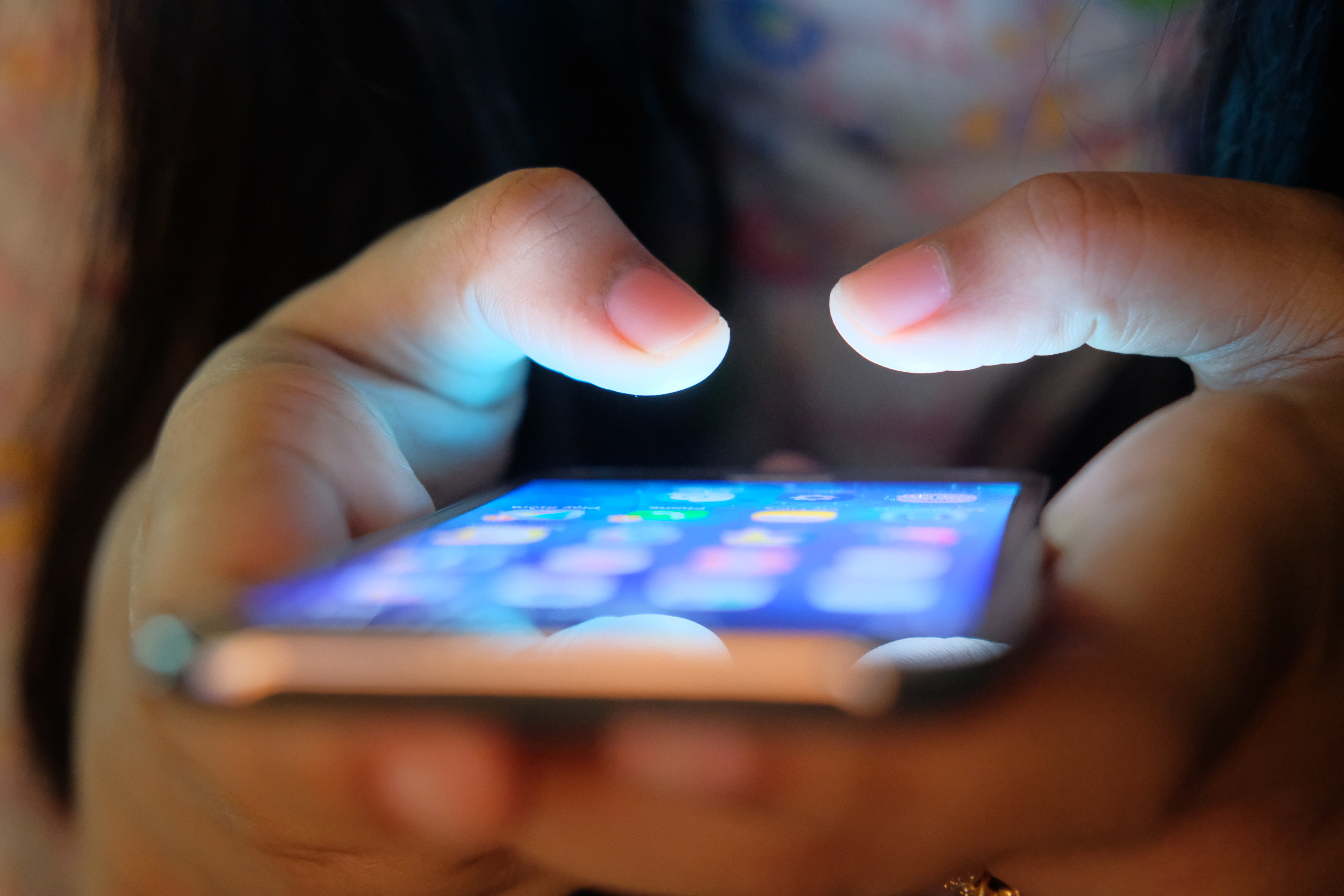Groceries, fitness, banking – there’s an app for just about everything nowadays, including mental health.
Currently, there are more than 10,000 mental health and wellness apps available in the app store. And that number just keeps on growing. But these apps are largely unregulated, making it difficult for consumers to know what might offer them the greatest benefit.
Sherry Pagoto, a clinical psychologist from the College of Agriculture, Health and Natural Resources, sheds light on the differences between apps, what people should look for before they download, and when it’s time to seek professional help.
Pagoto is a professor in the Department of Allied Health Sciences and director or the UConn Center for mHealth and Social Media. She shares her thoughts with UConn Today.
What should consumers consider when choosing the right wellness app?
Sherry Pagoto: Since the research can’t keep pace with app development at this volume, we don’t have studies on all of them. But there are some things you can do to be an informed consumer. First, look at the app’s ratings – see what current users are saying about it before you download. Second, talk with your healthcare providers. If you have a therapist or primary care physician, ask them for recommendations for apps that their patients use or that they may even use themselves. Also, online communities can be a great place to get user feedback to narrow down your search. Last, consider doing what I call “me-search.” Download an app you think might help you, try it for a bit, and see how it makes you feel. If it’s not working, switch to something else.
Should I expect my doctor to help me find a wellness app?
SP: A lot of providers may not have recommendations for you. There're so many apps out there, and it’s unlikely that your physician or your therapist, if you have one, has combed through them all. They may not be able to answer your question with personal experience. They may also be reticent to suggest something without having personal experience or knowing if a given app will stand the test of time. If they don’t have recommendations, ask what their colleagues recommend, or if they know what patients in their networks are using. Either way, your provider will give advice that they think can best help – and protect – you and your health.
How could mental health apps help reduce stigma around seeking mental health care?
SP: I think there’s some good news and bad news with mental health stigma. The good news is that mental health stigma is less now than it has been historically, but it’s still very real, especially in certain populations. What I like about apps is it’s a way to get your toes wet with mental health support. If you don’t feel comfortable picking up the phone and calling a therapist yet, or having that conversation with your doctor about mental health options, a digital device or an app might be something that helps you learn a little bit and gain some skills without leaving your comfort zone. However, if you continue to have symptoms, it is best to discuss with your primary care doctor.
When should you seek professional care instead of using an app?
SP: Whether it’s depression, anxiety, or any mental health symptoms, if you’re experiencing it to the point where it’s difficult for you to do your job effectively, or your relationships are feeling stressful and difficult to manage, or it’s difficult for you to do what you need to do to get through each day – that’s a red flag. If you're starting to have thoughts like, “life isn’t worth living,” “why am I here,” “I’m feeling worthless” — that’s a red flag. If friends or family express concern that you’re struggling — that’s a red flag. Any of these situations warrant going to see a professional beyond the app store. In those instances, I recommend going to your primary care provider or a therapist and seeking guidance from them.
Are there any risks or concerns associated with mental health and wellness apps?
SP: My biggest worry, the thing that would keep me up at night is privacy. You're putting in data about your mood or personal, medical information. And you don’t know exactly where that data is going in many cases, so that’s something to consider before starting to use a wellness or mental health app. A growing area of medicine called digital therapeutics will help address this concern. Digital therapeutics are FDA-approved apps, and have a lot more guidelines in place that take patient privacy into account.
What are digital therapeutics? How could they change how we treat people with mental health conditions?
SP: If we doubled or even tripled the mental health workforce, we still could not treat everyone who needs mental health care right now. We're in the middle of a mental health crisis – we really need to be thinking about how we use technology along with traditional mental health care to help. What I'm excited about with digital therapeutics is that there may be a way to scale mental health treatments. I can’t wait to see [digital therapeutics] in medical centers where it’s a standard part of care that allows us to treat all the people that need help. I think it’s going to revolutionize mental healthcare in that way, and we’ll be able to treat [more] people who need it.
Follow UConn CAHNR on social media.



